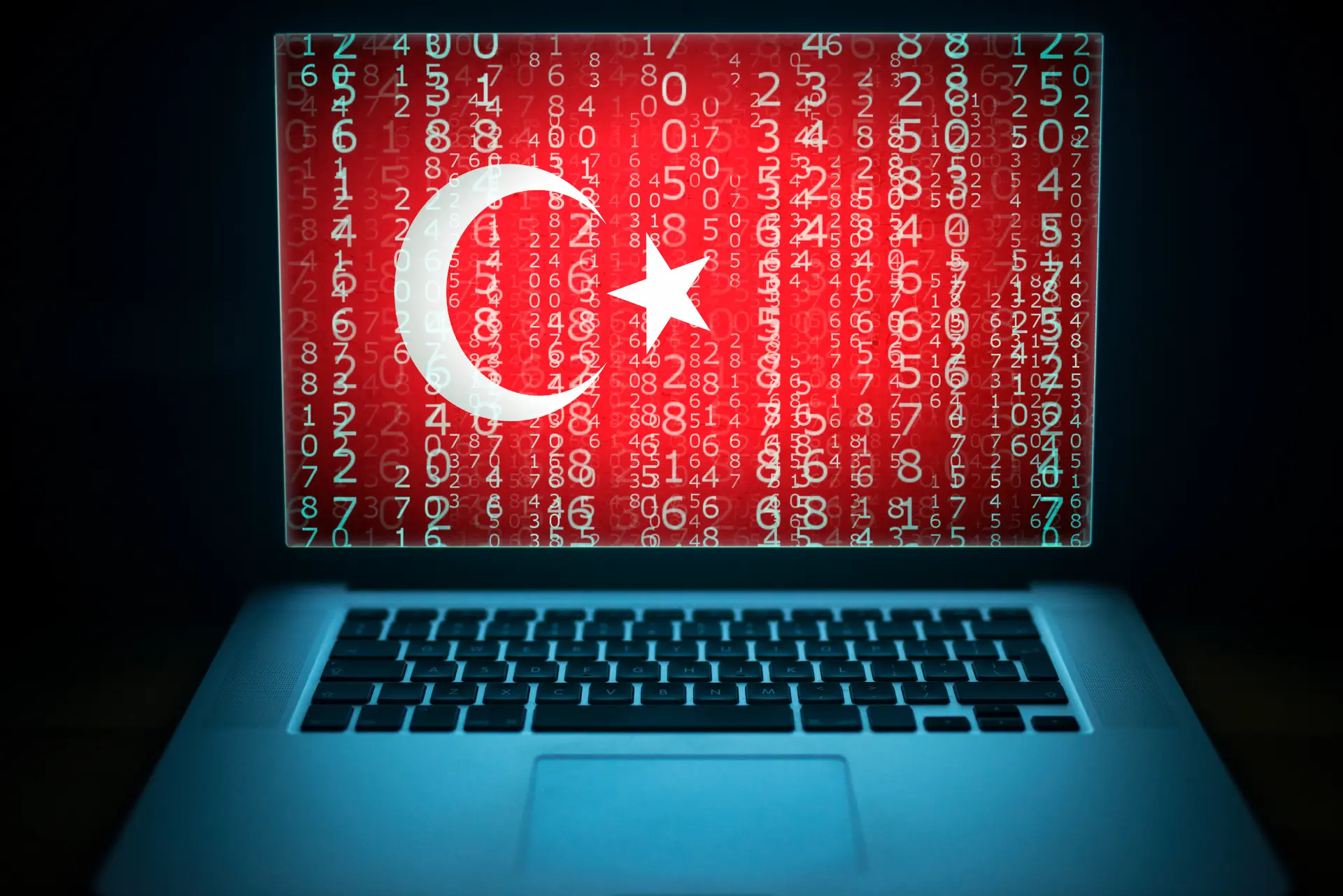Table of contents
- Hybrid warfare unfolds
- Escalation fears remain high
- US-Qatar talks
- Between cyberspace, institutions, and the streets
Hybrid warfare unfolds
The Middle East conflict is no longer confined to the battlefield but extends into the digital sphere. After the Israeli raid in Doha targeting Hamas leaders, a group of Turkish hackers leaked the private phone numbers of several Israeli ministers on X.
This marks yet another act of hybrid warfare, where cyber tools and information leaks are deployed as weapons alongside missiles and drones.
Escalation fears remain high
Israeli Prime Minister Benjamin Netanyahu shows no sign of softening his stance, even as the United Nationsprepares to vote on the recognition of the State of Palestine. Global tension runs high, with the international community split between calls for peace and demands for uncompromising security.
US-Qatar talks
In New York, US President Donald Trump is meeting with Qatari Prime Minister Sheikh Mohammed bin Abdulrahman Al Thani. The talks focus on the repercussions of Israel’s raid on Qatari soil.
This meeting could significantly influence regional diplomacy, especially as Italy’s Foreign Minister Antonio Tajani openly supports recognizing Palestine as an independent state.
Between cyberspace, institutions, and the streets
From cyberwarfare to UN chambers, the Middle East crisis continues to intertwine military, political, diplomatic, and technological dimensions. Each move from hacker operations to world leaders’ statements risks sparking fresh escalation in an already volatile scenario.
